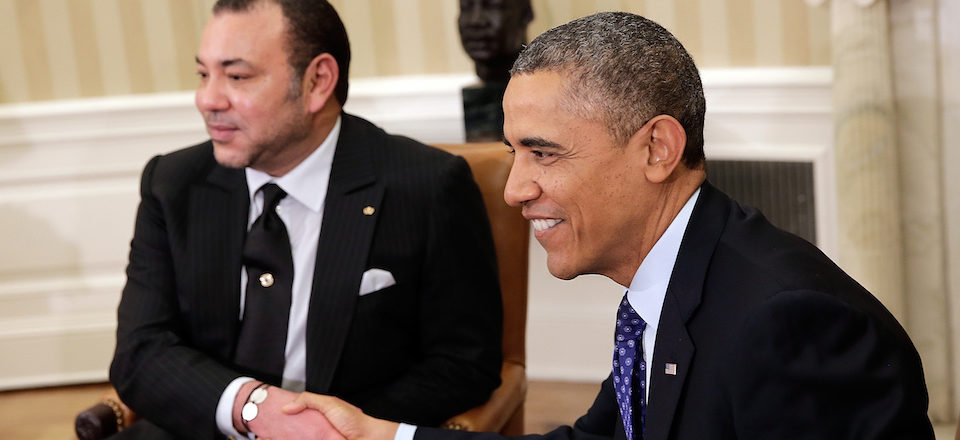A nation must think before it acts.
What should be made of the flare-up between Morocco and Washington over the State Department’s latest human rights report?
It devotes more pages to Moroccan violations than Iranian ones, and Morocco gets a third more pages than Cuba does. Moreover, the document generally cites sources other than the U.S. government’s own findings. No wonder the Moroccans are furious.
On the basis of an Amnesty International assertion, the report alleges that eight activists were imprisoned for “making false allegations of torture.” It also states that activist Wafae Charaf was imprisoned for “allegedly falsely reporting being abducted and tortured by unknown persons.” It does not indicate the source of this particular finding.
In response, the Moroccan government issued its own press release denyingthe veracity of the report’s assertions, calling them “outrageous,” “sloppy,” and “biased.” The Moroccans insisted that they could demonstrate that the allegations were simply untrue. And, in a highly unusual move given the normally cordial and close relations between Washington and Rabat, both Morocco’s Minister of Interior Mohamed Hassad and Minister Delegate for Foreign Affairs Nasser Bourita summoned U.S. Ambassador Dwight Bush to protest the report.
Continue reading, “How the State Department’s Human Rights Report Treats Friends — and Adversaries”



